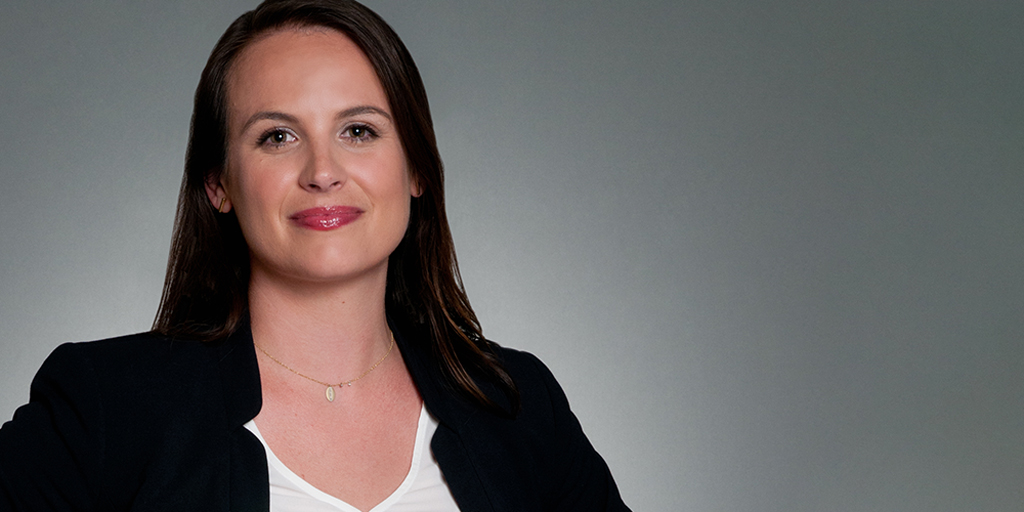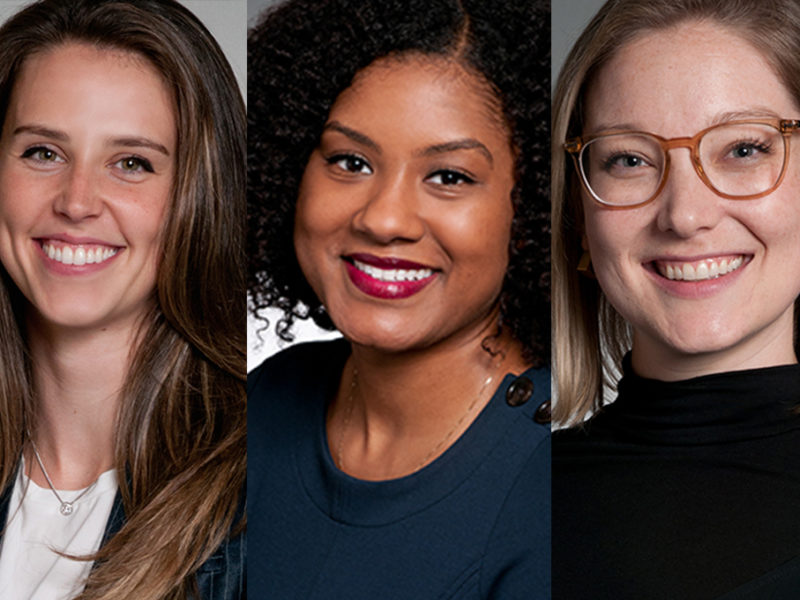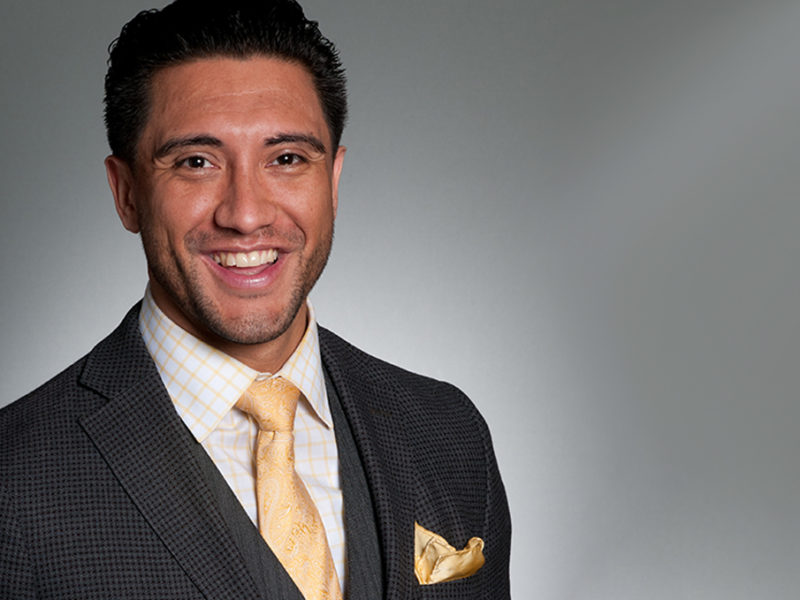
Under Golden Arches: How a Baumhart Scholar is Transforming Impact at McDonald’s
Mignon Senuta didn’t expect that she’d ever think so much about hamburger.
But after taking a position as Manager, International Public Affairs with McDonald’s, her work has become a lot meatier. Having spent the first part of her career working in the nonprofit world, she recently started transitioning into more business-focused environments, where she believed her past experiences could make her more effective at solving problems.
In order to make the transition from the nonprofit world to the corporate world, Senuta turned to the Baumhart Scholars MBA at Loyola. This new program—launched this year—looks to prepare business leaders for purpose-driven work. The program equips purpose-driven professionals with the skills, values, and networks to do well and do good in their careers. We sat down with Senuta to talk more about why purpose-driven work matters, how she got to her role with McDonald’s today, and how the Baumhart Scholars program is helping her to achieve her goals.
What is the importance of purpose-driven work in the business world?
Businesses that lead with purpose are more effective and profitable in the long term. A commitment to sustainability is no longer optional—it informs consumer behavior, talent is demanding it, and shareholders are increasingly using ESG as a guidepost. It’s critical that companies reflect on and confront their environmental and social impact and be part of the solution, not only to innovate and grow their business, but because no one will be successful in addressing these complex challenges without their involvement and leadership.
What is your current role? How does social impact factor into the work you do?
As part of the International Public Affairs team at McDonald’s my work is rooted in business priorities like promoting sustainable beef production, ensuring deforestation-free supply chains, and meeting science-based climate targets.
In the case of McDonald’s, there is additional responsibility—and opportunity—for us to be leaders and drive transformational, industry-wide change. But it is not enough to collect data and improve systems. Public affairs and stakeholder engagement are so critical because they encourage us to take off our blinders, brake down silos, and capture external concerns, insights, and recommendations in order to influence and inform internal decision-making.
When did you first discover your passion for the work you do now?
My discovery was definitely more of a journey than a singular “ah-ha” moment. I’ve always had passion for social impact and environmental sustainability, but it took time to learn how to effectively harness it in order to achieve desired outcomes. During my time at nonprofits, I was fortunate to work closely with corporate partners, which helped me better understand their goals, motivations, and challenges. It completely demystified the corporate sector and challenged the corporate greed narrative I had previously accepted as fact. These were people with diverse professional backgrounds who were helping their employers deliver more value, and integrating sustainability and social purpose to strengthen business strategy. The more I learned, the more opportunity I saw to build on that work, challenge misconceptions, and rewrite the traditional roles and responsibilities assigned to sectors.
Working on these issues as part of an iconic brand like McDonald’s—one of the world’s largest private employers with an extremely complex value chain—is an opportunity to influence change at scale, to raise the bar for our peers and competitors, and to be transparent with our customers so they can continue to feel good about our food and restaurants.
What’s one lesson you’ve gleaned from your globally-focused work that anyone could apply to their career?
The ability to influence and engage diverse stakeholders has been essential no matter the geography, sector, size, or mission of the operation. It’s all about relationships. From working in schools and communities in rural Botswana, to connecting corporations with policy discussions at a global affairs think tank in urban Chicago, I’ve learned that, if you want to be effective, you have to meet people where they are and tailor your approach. It’s important to show up, to be part of the conversation, and most importantly, to listen. Finding creative ways to help people feel connected to the work, regardless of distance is a huge challenge, but it’s an important one to take on.
How does the Baumhart Scholars Program empower you to pursue your purpose in your role with McDonalds?
The Baumhart Scholars MBA is unique because it is unapologetic about its social impact focus and appreciation for diversity. At the time I applied, I was transitioning from the nonprofit sector to the private sector and was looking for a program that would value what I had to offer but seek to build on and complement my experience.
I am interested in the traditional MBA component, but learning how to best deliver short-term value to a handful of shareholders—regardless of the long term consequences—is not my goal. I’d rather focus on challenging conventional thinking and leveraging all of my experience to innovate, solve problems, and deliver sustainable value to a broader set of corporate stakeholders. I still draw from my experience working in the nonprofit sector to think differently and it is this appreciation for cross-sectoral partnerships that will continue to inform my career.
What would you tell someone who was interested in learning more about how the Baumhart Scholars Program can impact their career?
Attend one of the many stellar events the Baumhart Center hosts. Or ask to speak with Seth or Emily—they’re terrific and their vision for the program is a big reason I’m here in the first place!




